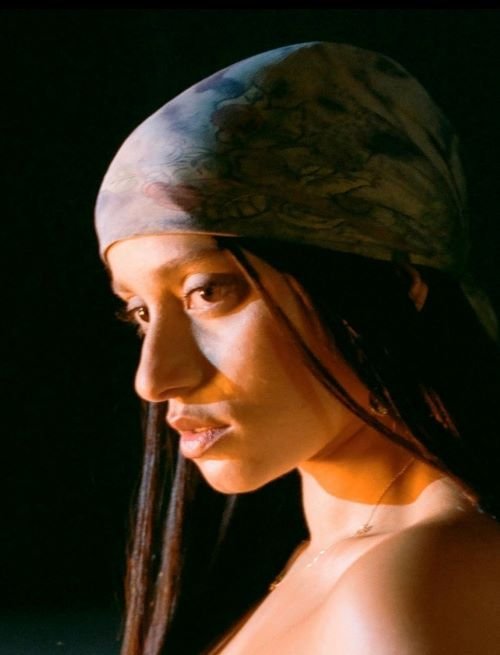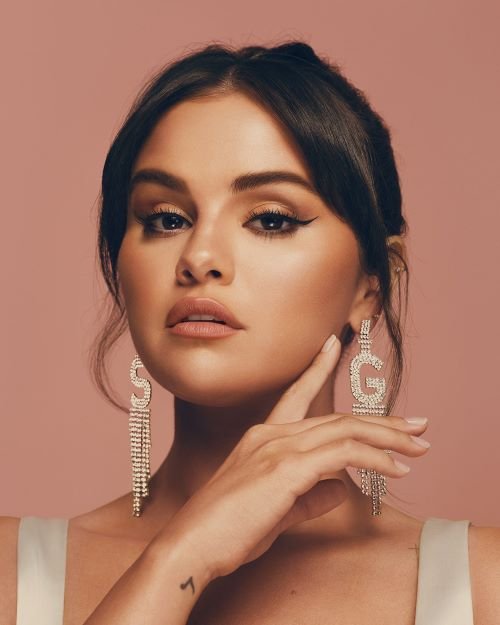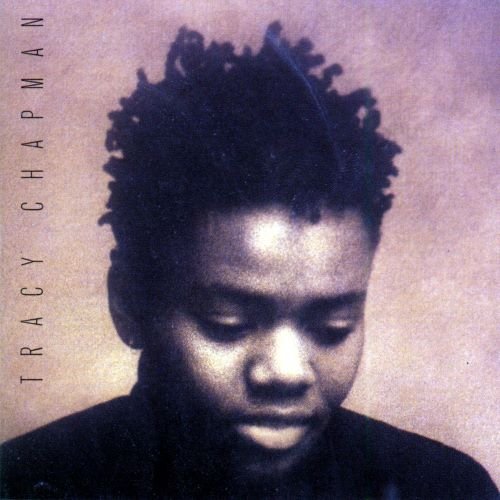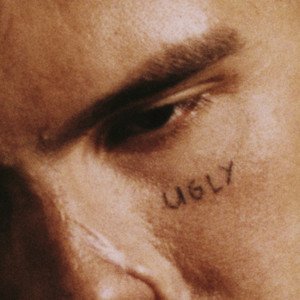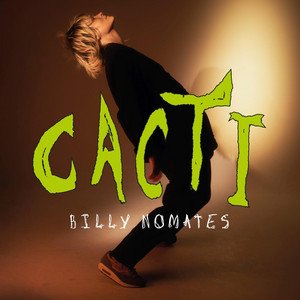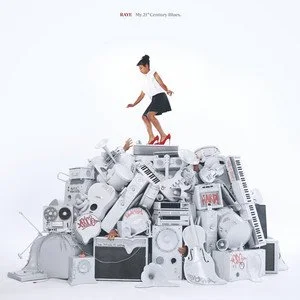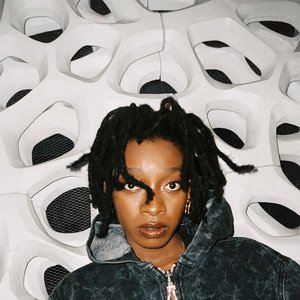FEATURE:
A Modest But Memorable Debut Album
Prince’s For You at Forty-Five
_________
THERE are a couple of features…
IN THIS PHOTO: Prince in 1979/PHOTO CREDIT: PhotoFest
I am writing ahead of the anniversary of Prince’s death on 21st April. Then, before his sixty-fifth birthday in June, I am going to publish a few other feature. I did want to write a feature about his debut album, For You, as it turns forty-five on 7th April. Whilst not ranked alongside his most celebrated albums, this was the future master and genius entering the scene. Many might not have heard of Prince in April 1978, and this was him taking his first steps. Only nineteen when the album was released, For You is a fascinating album that he would soon follow with some of his most confident and complete work. I think 1980’s Dirty Mind (his third studio album) was his first masterpiece. A couple of years before, Prince unveiled For You. Even if many reviews feel there are few highlights and there are no glimmers of the genius that would come soon enough, I do feel it is important marking forty-five years of For You. As Prince is no longer with us, it is crucial to celebrate the debut. Prince produced For You, where friend and producer David Rivkin provided support. Recorded between September 1977 and February 1978, the basic tracks took three months to come together at Record Plant in California. Whilst we would have to wait a couple of years before Prince blossomed into this clear star and pioneer, he was keen to exert control and have his say from the start. Someone who was always made to produce his own music, Prince took care of pretty much everything on For You. Maybe his material was not as sharp and interesting as it would become, but the fact he produced and played all the instruments on For You is amazing!
Tommy Vicari was chosen as executive producer, but Prince distanced himself from him. It wasn’t a relationship or support he seemed to want or need. It must have been frustrating for Warner Bros. It does seem that there was a fractious relationship between Prince and Vicari during recording, where it seems Prince was not respectful or accommodating at all. Even if it does create a bit of a black mark, I wonder how different For You would have sounded if Vicari had had more control or direction. Maybe it was more business and financial advice Vicari was offering, as the total project cost $170,500 - three times the original budget. Prince worked himself ragged, and he said at the end how he was exhausted and drained. Maybe keen to get the debut album sounding as he hoped and what was in his mind. The sort of perfectionist tendencies he would display on his future albums. An ambitious and exacting artist right from the start, I think For You does benefit from his work rate and passion. Even if the supernatural genius he would showcase soon is absent from For You, I love the fact this was a solo album in almost every sense. Prince did relax and allow other musicians in on future albums, but his solo album is very much his blueprint and thing. Billboard examined and discussed For You in 2018 on its fortieth anniversary:
“Nearly every early feature done on the Kid as a rising prodigy in late-’70s Minneapolis implored you to recognize his genius. They declared him the “teen-age virtuoso” in headlines and described him as the “young black wizard from the Twin Cities” in opening paragraphs.
Like most praise directed at him over his decades of acclaim, it wasn’t hyperbole: Prince taught himself how to play piano, guitar, drums, and bass by the time he was 14. That unassailable will to realize his divine gifts was in effect before he left high school.
Of course, Prince’s genius soon got recognized. Studio owner and producer Chris Moon discovered Prince’s seamless versatility when the future legend was with his high school band Champagne. The two laid down some demos and gave them to ad man-turned-manager Owen Husney, who quickly wanted to know who “they” were, only to be astounded when Moon told him the act was not a “they,” but “one 17-year-old kid.” Warner Bros. would end up with the wunderkind, after offering him $180,000 for three albums and creative control. Stage set and bag secured, Prince’s debut album For You dropped on April 7, 1978 with the signature credit: “Produced, arranged, composed, and performed by Prince.”
At first glance, For You is an inauspicious start for an artist with so much talent. Prince spent nearly all of that $180,000 on the project, and told Musician in 1983 that he became a “physical wreck” for an album that peaked at just No. 163 on the Billboard 200 (seven months after its release), and offered only one No. 92-peaking Hot 100 hit, in the sweet and flirtatious funk number “Soft and Wet.” Four decades later, For You is still the only Prince Warner Bros. album released in earnest that hasn’t achieved RIAA certification. (Prince pulled 1987’s The Black Album shortly before its release after declaring it “evil” and barely promoted 1996’s Chaos and Disorder in the midst of his split from Warner Bros.
This isn’t an instance where a gem gets belatedly discovered under a wellspring of more obvious classics: For You is the work of a musical virtuoso, but not an innovative mind. The rigor applied to its recording appear to confound Prince’s efforts, hemming him in rather than delivering a sense of progression. Instead of a coherent statement, we get a collection of songs that are approximations of what an afro’d up ‘70s hit should sound like. “Soft and Wet” doesn’t feel like novelty because of the obvious sexual theme; the bubbling synth that resolves the hook is too tidy, and one of Prince’s big lessons was that eroticism is anything but.
For You’s first full song, “In Love,” does contain a hint of Prince’s spontaneous bent — he reaches the back of his throat with just enough passion to convince you you’re in for a good time — but the energy peters into a low plateau after “Soft and Wet” follows it. Besides the standard yearning acoustic entries “Crazy You” and “So Blue,” For You mainly revolves around a mixture of funk and disco hallmarks. There are elements of the Minneapolis Sound (a concoction of R&B, pop-synths, and hair products) Prince would popularize through the ‘80s, but they feel exhibitionist because they don’t quite cohere.
The worst offender is instrumental outro that takes up the back half of the six-and-half-minute “Just As Long As We’re Together,” a bass-driven groove that’s just too thin for extra improvisational ingredients — the synth line that pops up in the middle of it feels like an aggressively imposed detour. The guitar soloing that became an essential part of Prince’s myth never really fits either: the performance on “My Love Is Forever” was too glam to make it into the Reagan era, and even the slight distortion on closer “I’m Yours” feels too hardcore for an album this glossy.
For You peaked at No. 21 on the Top R&B/Hip-Hop Albums chart dated Oct. 14, 1978, a listing featuring artists blazing trails Prince was just starting to tread: Funkadelic’s One Nation Under a Groove (No. 2) was a funk-rock odyssey led by the genre’s greatest conceptualizer, George Clinton; disco queer icon Sylvester’s Step II (No. 8) featured the androgynous voice that liberated many on the dance floor; Queen of Disco Donna Summer was still regal on her live album, Live and More (No. 10). Each of those acts carried their own unmistakable signatures, something a 20-year-old Prince lacked, despite his outstanding musicianship. Even the falsetto that writhed and shimmied on his later essentials “Kiss” and “Adore” started out merely as a pleasant accoutrement on its debut.
Despite its tepid reputation, For You recharted, like a majority of Prince’s Warner Bros. catalog, when the world gathered in his memory following his death — even reaching a new peak of No. 138 in May 2016. Looking back, if you squint a bit, you can see shards of what would become peak Prince’s makeup. To follow the progression through For You, his self-titled 1979 follow-up, and his sin-filled first classic, 1980’s Dirty Mind, is to hear him pull together that chart-conquering sound in real time: The stadium-rock sensibility that appealed to mainstream audience becomes inextricable from the sacrosanct treatment of R&B and funk that rooted him in black culture. Dirty Mind presented these elements in a lean package, while his subsequent ‘80s highlights (1999, Purple Rain, Parade, Sign ‘O’ the Times) took them skyward.
But more importantly, For You alludes to the central dichotomy of Prince’s art: He’s singing about sensuality in an album dedicated to God. At the core of his ‘80s prime is the idea that orgasms and spiritual transcendence can be presented in the same breath; note how Purple Rain’s “Darling Nikki” starts with a masturbating woman and ends with a literal mini-sermon played in reverse. It’s a transgressive idea for many — how many Prince trademarks aren’t? — but it gave his talents focus. For You begins with an a capella gospel chorus composed of Prince’s multi-tracked voice, hinting that he’d ultimately marry those ideas instead of playing it safe. Ultimately, the skeletal For You serves as a well-heeded reference point that reminds us when we’re talking about the legacy of Prince, we speak of both stunning musicianship and a singular worldview”.
A remarkable artist who many did not know what to make of in 1978 when headlines broke, For You is a promising is unessential Prince album that showcased his musical virtuosity and production talent. It would not be long until he favoured the world with the masterful Controversy in 1980. Even in 1978, there was this originality and extraordinary allure. As For You is forty-five on 7th April, I wanted to write about it. We sadly mark seven years of Prince’s passing later this month. It is tragic that he is not around to see how his music continues to move people. How many people in 1978 would have imagined what this teenage musician would produce and how…
HE would change the world!










